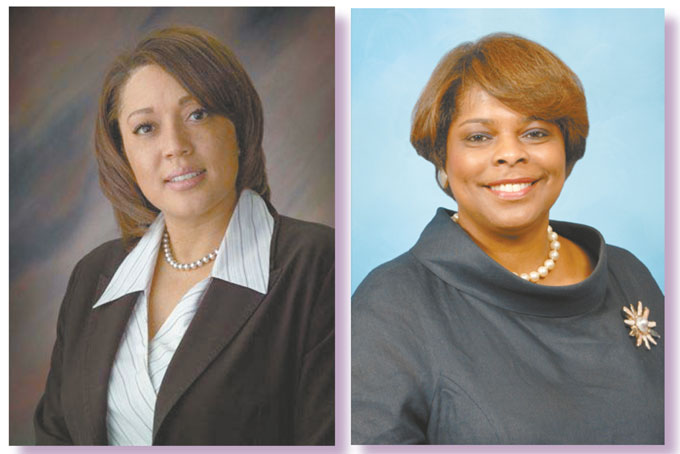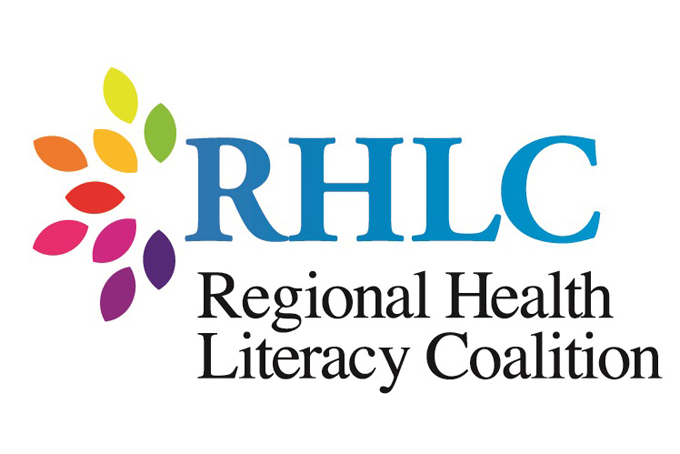
Candi Castleberry-Singleton, Chief inclusion officer, UPMC and Yvonne Cook, Vice president of community and health initiatives,Highmark Blue Cross Blue Shield
Every day, people make decisions about their health care. They read directions on a prescription label. They determine how much medicine to take or give to a loved one. They see TV ads for specific medications. They have conversations with health care providers or their health insurance companies. People need to be able to understand health information. It is essential to good health.
Health literacy is the degree to which people get, use and understand basic health information and services to make good health decisions. But research shows that most health information is not presented in a way that many adults easily understand. According to the U.S. Department of Health and Human Services, more than one third of U.S. adults have difficulty with common health tasks, such as following directions on a prescription medicine label or sticking to a childhood immunization schedule using a chart. Not being able to do such tasks correctly can lead to serious health problems.

The Regional Health Literacy Coalition (RHLC) is a local project working to improve health literacy. RHLC consists of more than 60 local organizations. The project’s co chairs are Candi Castleberry-Singleton, chief inclusion officer, UPMC, and Yvonne Cook, vice president of community and health initiatives, Highmark Blue Cross Blue Shield. Of the coalition, Castleberry-Singleton says, “Although the coalition includes many organizations, we serve the same community. It makes sense to join forces to create a best practice, evidence-based model for health literacy. It’s a public health issue that affects everyone on some level.” Cook echoes this and says, “Collaboration among all stakeholders is critical in addressing heath literacy. The work we are doing with health literacy demonstrates that collaboration is vital to improving and sustaining a good, quality community health.”
The coalition recently completed a health literacy survey of Pittsburgh and seven surrounding counties. The results showed that one in six people in these areas has low health literacy. RHLC also found that specific groups of people are at higher risk for low health literacy. These groups are immigrant populations/English language learners, senior citizens, people with lower socioeconomic status, young people (18-30) and anyone with a disability. The group also found that having a chronic condition put people at almost the same level of risk for low health literacy. If people had more than one of these risk factors, they have an even higher risk of low health literacy, especially if they’re enrolled in Medicare.
Put simply, most Americans have trouble with health literacy on some level.
Along with national plans to improve health literacy, RHLC is working to improve it locally. Kevin Progar, project manager with RHLC, says the group is “working with everyone—health care providers and community members—to get health information to be accurate, accessible and actionable.” RHLC is doing this by creating toolkits, with items like a prescription tracker and recommendations for how to talk to your health care provider. They’re also trying to work with community advocates to reach out and give people the basic tools they need.